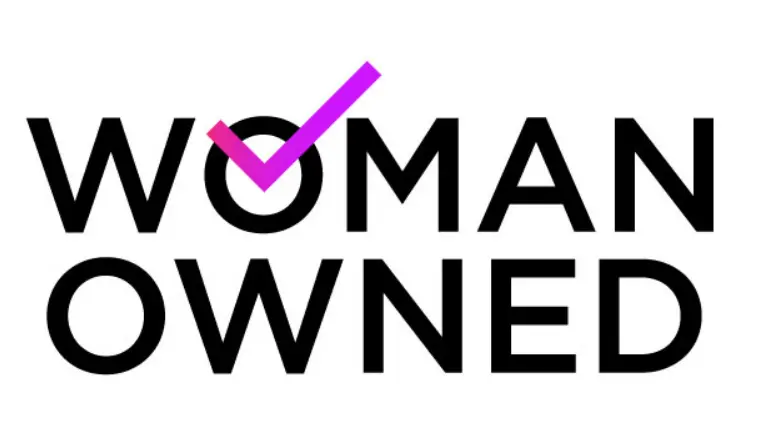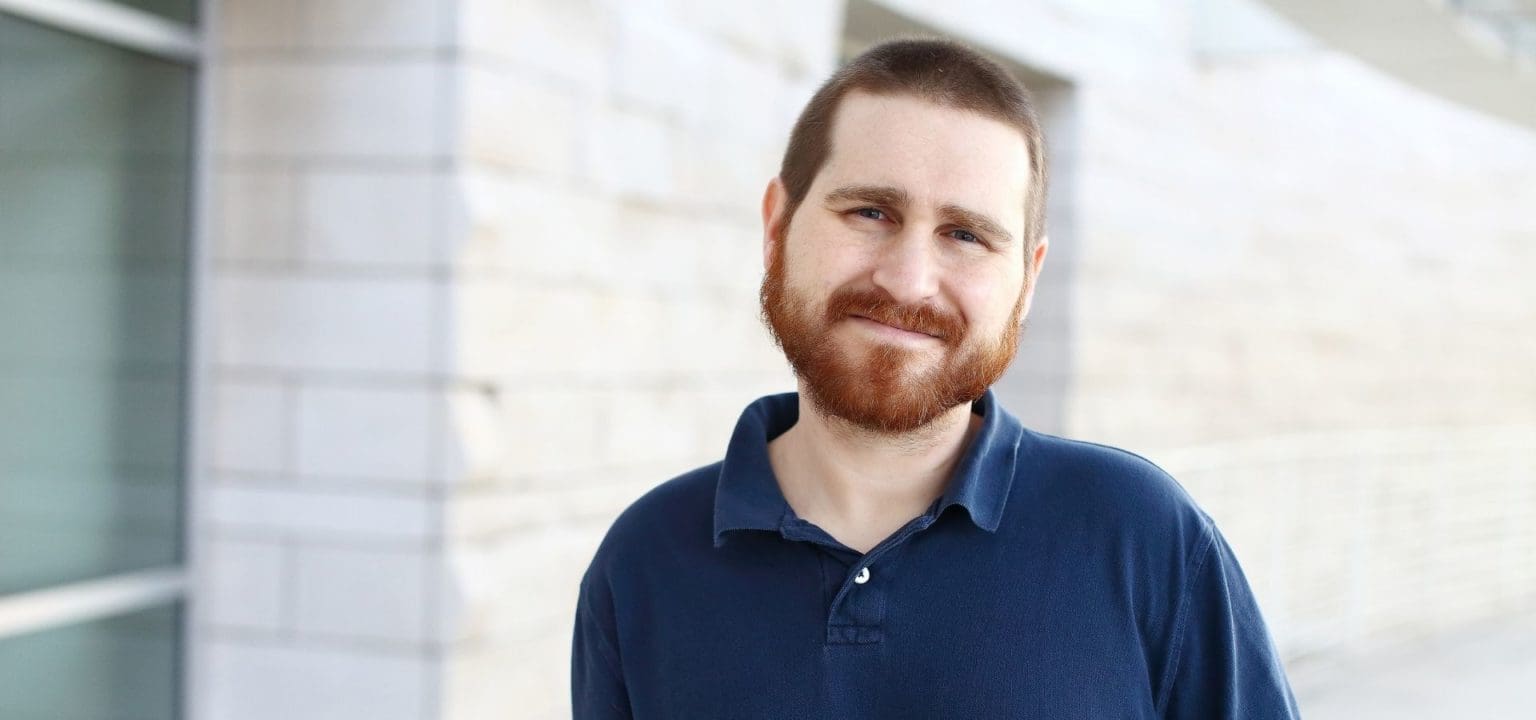Get To Know Your Therapist, Nick Watkins, MA, LMFT (LMFT 134516)
Nick Watkins, LMFT, joined the JRM&A team in May 2021. He holds a Master of Arts in Counseling Psychology from Golden Gate University, and a Bachelors of Arts in Psychology from Hawaii Pacific University. Nick is also a 10 year Air Force veteran.
Nick began working with adolescents, children, and under-privileged clients. After finishing graduate school, Nick spent two years doing intensive case management services helping clients manage their symptoms of schizophrenia, bipolar disorder and PTSD and rejoin the community.
Nick believes we all learn coping skills and the goal is to replace the unhealthy ones with healthy ones in a nonjudgmental and client-determined pace. We interviewed him so you can get to know him better and decide if he seems like a good fit for you!
1. What made you want to become a therapist?
I have always been a helpful person growing up and interested in how people think. What really crystallized the moment I decided to become a therapist was my last year in the Air Force. While waiting for my security clearance to go through I was the non-commissioned officer in charge (NCOIC) of the new arrivals which mostly consisted of Airmen who had just finished their job training and had no experience in the “real Air Force.” So my job consisted of helping mostly 18-20 year olds figure things out both practically and emotionally.
2. Do you think mental health is stigmatized in the military?
Of course. We are still seeing a high suicide rate in veterans and getting help is still seen as a weakness for many. I also know during my time in (2005-2015) the motto “do more with less” was the policy, and it had a huge impact because many people didn’t have time or energy to even try to get help. Plus, many service members are afraid that if they go to get mental health assistance they instantaneously get pulled off duty, lose their top secret clearance, get relieved of their weapon, and/or risk not getting promoted.
3. What does trauma and Post Traumatic Growth mean to you?
Trauma is experiencing something that is emotionally and/or physically dangerous that your mind can’t fully prepare for. Post Traumatic Growth is when you are able to lay down a new foundation for your life with coping skills and tools to help you control your responses to your trauma and everyday triggers of it. With that, you can start living the life you want and growing as a person.
4. What clientele population do you have most experience working with?
I think the common denominator for most of my clients is trauma. The trauma may be different but the impact is all the same. I’ve worked with adults dealing with the trauma of being homeless, having schizophrenia, being combat veterans, being survivors of sexual assault, or experiencing childhood neglect.
5. How do you support clients in their therapy journey?
Most of the time it’s about giving them that space to talk without being interrupted or having the topic switched. I also think my ability to be open-minded as much as humanly possible helps, and that I have a terrible poker face.
6. What is one unique thing about yourself that you would like your clients to know?
A lot of people like to bring up their unusual families growing up. Well, I lived in New Mexico most of my life. My parents divorced when I was 15 and remarried when I was 30 after living together for 13 years. I have 3 younger brothers, one lives in New York as a communication manager for a hospital, one brother is a chef in NM, and one works in the marijuana industry in CO.
7. What makes JRM&A therapy unique from other clinics?
The experience and the team. All the therapists have some kind of background with either veterans, military or law enforcement. Either having been one, married to, worked with, or a family member of. Plus, part of the hiring process is figuring out if the person would mesh with the team. Unlike a lot of other agencies, we meet frequently and ask for advice from each other and trade ideas no matter what the experience level is. The CEO is as likely to ask for suggestions from the newest hire and vice versa because the newest hire has direct experience with a certain form of therapy or clientele. We all feel comfortable enough talking to each other and have no pecking order or no pride in being number 1, just pride in helping our clients in the best way possible.
8. What would you say to someone hesitant to use therapy?
Just try one session. Meet the therapist and see how it feels. Don’t focus on the therapist necessarily because finding the right therapist is like finding the right pair of shoes. Instead, focus on the process and see how you feel just talking to someone for a little about your week or an overall picture of the issue you want to work on. Then, decide if it was what you expected and decide what that means for you.
9.Have you struggled with mental health yourself?
Oh, yeah. I’ve struggled with anxiety all my life and a few depressive episodes. Like many other vets, when I returned from Afghanistan it took time to adjust from the military to civilian life.
More Resources
At JRM&A we lead with compassionate, trauma-informed therapeutic models that are personalized and solution-focused to help support our clients’ needs and attain their personal goals.
To learn more about trauma and how to move through Post Traumatic Growth, download our Post Traumatic Growth Road Map!
To schedule an appointment with us, call (650) 386-6753 or visit our website https://joellerabowmaletis.com//.




